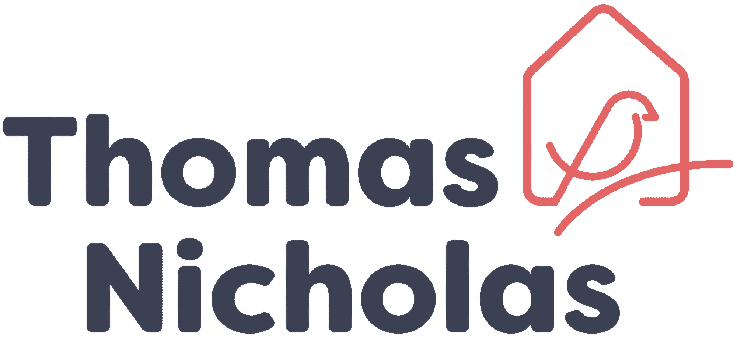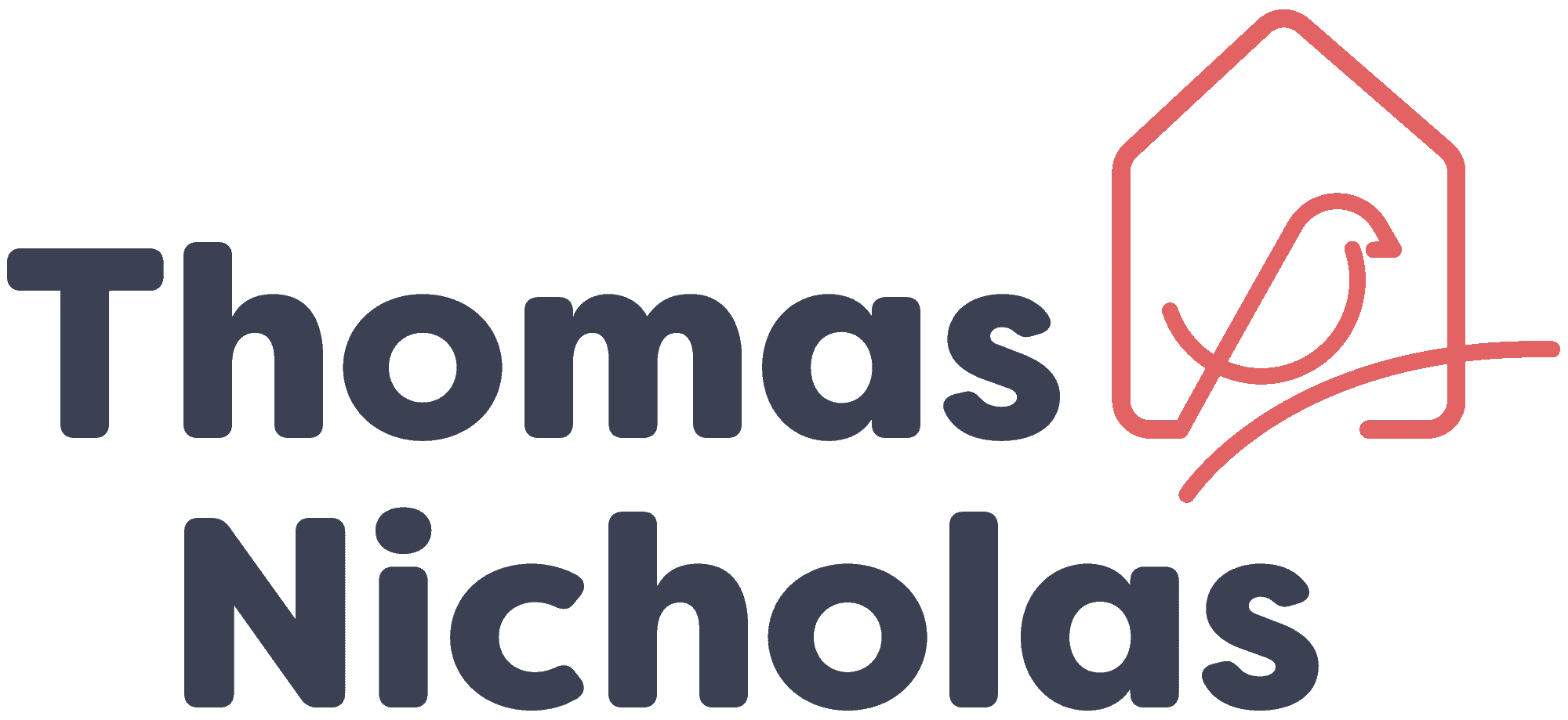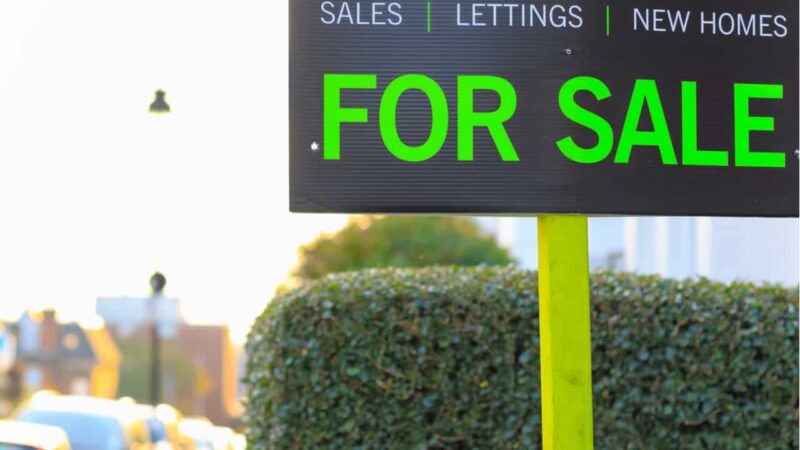Over the last few months, house prices have started to fall. After years of prices steadily rising, you may wonder what it could mean for you as a homeowner. Read on to find out what’s driving the property market and whether it could affect you.
The average house price fell by 0.4% in October 2022
According to the Halifax House Price Index, the price of the average home in the UK fell slightly in October 2022. When compared to September, the average price was down 0.4%. The typical property in the UK cost £292,598 in October.
While the fall is relatively small, and property prices have increased by 8.3% when compared to a year earlier, the decrease suggests the property market is starting to slow.
There are several factors affecting the property market, including:
- Economic uncertainty: The ongoing effects of the Covid pandemic, the war in Ukraine, and political uncertainty, mean the UK economy is expected to contract. Economic uncertainty can mean prospective buyers delay their plans, whether they are first-time buyers or home movers, which can dampen the market.
- High inflation: Inflation reached a 40-year high in 2022 and placed many household budgets under pressure. With this in mind, it’s not surprising that families are being cautious about borrowing more and increasing their regular outgoings.
- Rising interest rates: To tackle high inflation, the Bank of England has increased its base interest rate. This has affected the interest rate of mortgages and the repayments homeowners make. Some aspiring buyers have found they cannot afford to borrow as much as they thought. So, some are delaying plans or choosing to borrow less, which has a knock-on effect on house prices.
Property experts predict house prices will fall by around 10% over the next 2 years
It can be difficult to predict how the property market will respond to economic challenges, but experts predict that average prices will continue to fall over the next two years.
Estate agent Knight Frank forecasts that property prices will fall by 5% in 2023, followed by a further 5% fall in 2024. A 10% reduction in prices would take the value of the average property to the same level they were in the summer of 2021.
According to the BBC, it’s a view banks hold too. For example, the Lloyds Banking Group expects UK house prices to fall by 8% in the next 12 months, and then almost stagnate for the following four years.
Lloyds also recognised that higher interest rates could mean that more homeowners default on their mortgages. Lloyds has set aside £668 million to cover bad debts arising from rising interest rates affecting mortgages and loans.
Similarly, HSBC expects the value of the average British home to drop by 7.5%, as demand for UK housing falls 20% due to rising mortgage rates and inflation, according to a Financial Times report. HSBC expects the London property market to fall by as much as 15%.
2 things to keep in mind if you’re worried about the property market falling
As a homeowner, it’s natural to be worried about what the forecasts mean for you. No one wants to find out the value of their home has fallen, but here are two things to keep in mind.
1. A loss is only on paper until you sell
You don’t realise losses unless you sell the asset. So, unless you plan to sell your home soon, the “loss” is on paper only. If you do plan to sell your home, it’s likely the property you want to purchase will also have fallen in value.
2. House prices have historically increased
Property prices have fallen in the past but, historically, they have recovered. Take the 2008 financial crisis, for example. Property prices fell sharply, but they went on to recover and then exceed previous highs. While it can’t be guaranteed, it’s likely that if your home does fall in value, it will recover over the long term.
Why falling property prices could affect your mortgage interest rate
Falling property prices could affect how much equity you hold in your home, and if your mortgage deal ends, it may affect the interest rate you pay.
The loan-to-value (LTV) ratio measures the value of your property against the amount you owe on your mortgage. So, if property prices fall, your LTV will rise.
If you need to take out a mortgage deal, this could affect the interest rate you’re offered. Usually, the lower your LTV, the better the interest rate. As a result, your repayments could be higher than you expect if your current mortgage deal runs out.
Searching the market for a mortgage deal that’s right for you could help you reduce your repayments when your current deal expires.
For some homeowners, falling prices could place them in negative equity. This is where the amount you owe on your mortgage is higher than the value of the property. It’s an issue that’s more likely to affect first-time buyers as they’ve not had as long to build up equity.
Again, while negative equity can be distressing, it’s important to remember, it’s a paper loss only unless you plan to sell your home. As you make your mortgage repayments, you will slowly build up more equity.
Contact us to talk about your mortgage needs
If you need a new mortgage, we’re here to help. We can help you understand how current conditions may affect your options and work with you to find a lender that’s right for you.
Please note:
This blog is for general information only and does not constitute advice. The information is aimed at retail clients only.
Your home may be repossessed if you do not keep up repayments on a mortgage or other loans secured on it.



)
